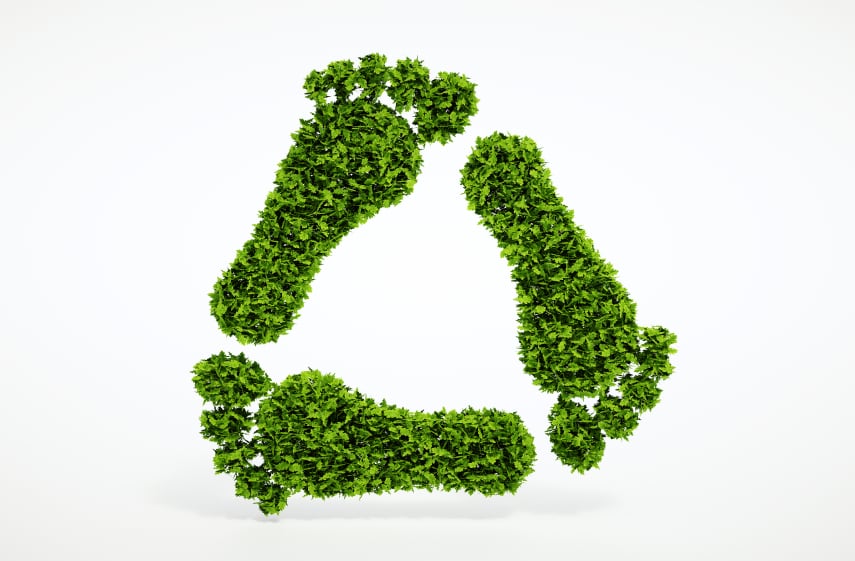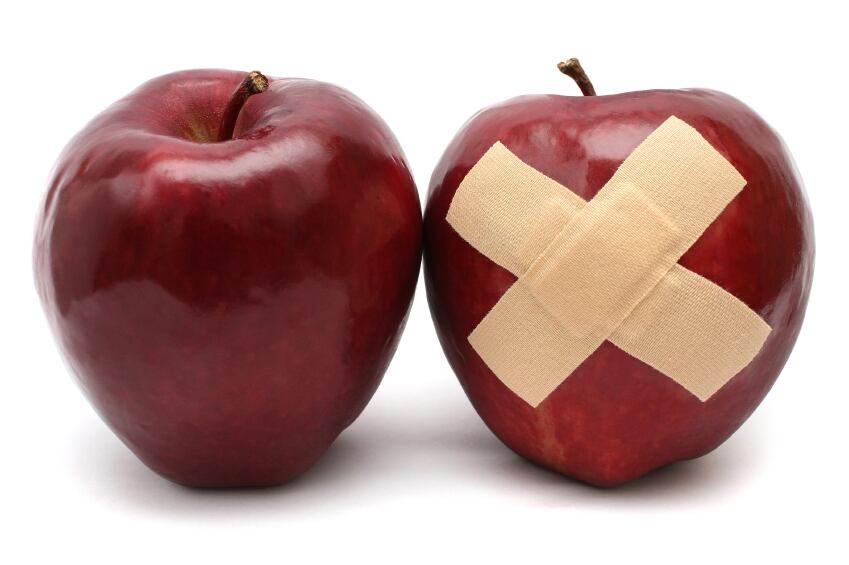The overall trends have been reported here, but now we have dug a little deeper into the sections relating to trust, food safety and the environment. Here are five things we’ve learned.
1. Doing good is seen as a bit of a drag
Asked how the pressure for greater ethical and environmental responsibility will affect their businesses in the next two years, almost a third (30%) said not at all. However, more (37%) believe it will have a negative impact than a positive one (27%).
This doesn’t mean they aren’t taking action, though. Six in ten (60%) have had some or moderate success in this area, whilst 40% said they’ve achieved considerable or significant success. But is it worth it?
2. Brands don’t think customers care

Only a third or so (35%) of respondents felt that customers are making decisions based on ethical or environmental considerations, with more than one in four (26%) actually suggesting that customers couldn’t care less. But they do (or at least half do) – CGF and KPMG also quizzed 7,100 consumers and 51% said that they do think about ethics and the environment when they buy goods.
Whether this means firms are out of kilter with consumer trends is a moot point: what consumers say and what they actually do can be very different.
3. Take a look at transparency
Another area where the CGF/KPMG data picked up differences between what companies think customers want and what customers actually want is product information.
Of all 400 respondents, just 45% said customers demand transparent product information. Amongst those in food and drink it was slightly higher (53%), but still way behind what customers told researchers – 77% saw it as a priority. In fact, it was the top priority, beating better in-store (67%) and online experiences (76%).
4. Distrust of big brands isn’t rising
The research also assessed whether consumers have become more distrustful of big brands. Only 17% of consumers said they have, compared to 27% of food and drink executives who felt suspicions of the largest companies was on the rise.
That means quite a few food brands (42%) felt that distrust isn’t increasing. Indeed, 78% said they have achieved moderate or considerable success in this area – higher than the 67% of all respondents who felt this way.
5. Forget what you thought about building trust

How can brands keep this distrust at bay? Unsurprisingly, the protection of consumer data and secure payment transactions came out top for consumers (53%) but ensuring food and product safety wasn’t far behind (43%). Some 44% of brands in the food and drink sector said this was a top five priority for them, too.
However, there was a discrepancy in relation to the importance of promoting health and wellness: it came well down the priority list for consumers (24%) but 43% of food and drink executives felt it was one of the five best strategies in building trust. It was a similar story for CSR programmes – 32% of business executives stated they key to building trust, but just 16% of consumers felt the same way.
